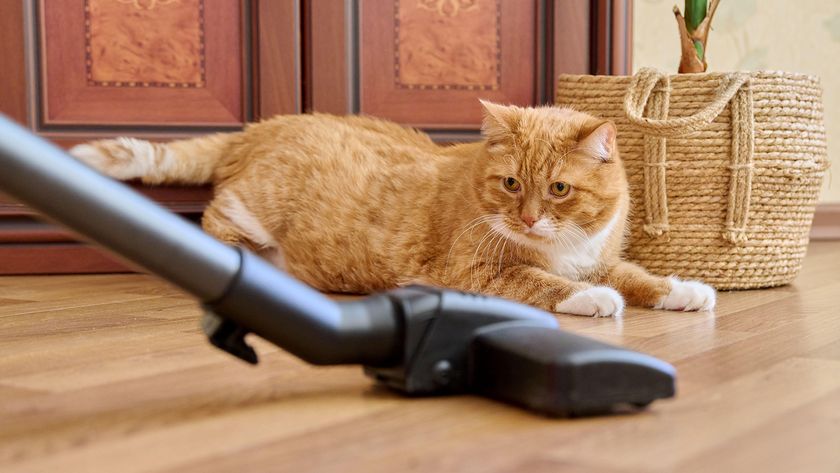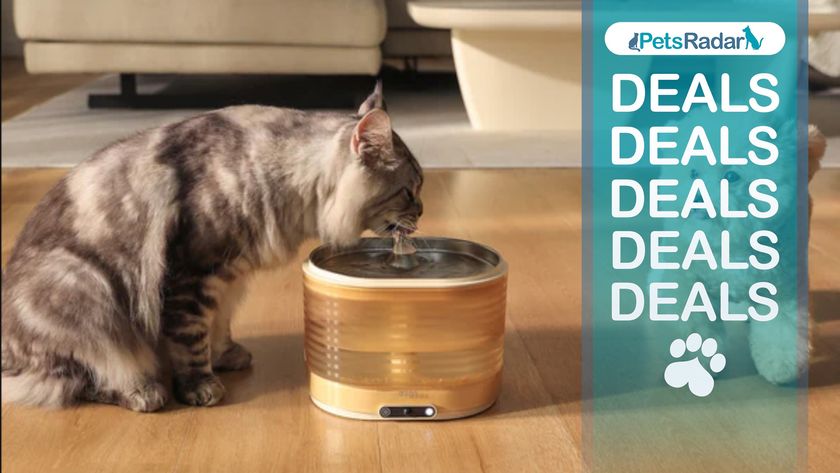Good food, plenty of play, and avoiding these three mistakes will keep your cat happy
Ensure your cat stays happy and healthy with these simple tips from a behaviorist

If you're anything like most feline pet parents, the one thing you want most in this world is for your cat to thrive, both physically and mentally.
But if you've noticed signs your cat isn't getting what it needs to be happy, you might be wondering where you're going wrong.
Enter Maria, a certified cat behaviorist and trainer, and founder of Cats Explained who has shared a handy post to Instagram outlining the three most common mistakes she sees cat parents make.
Maria says that in order to have a happy cat in your home, it's important to understand the things your feline friend needs to stay healthy — both in body and in mind.
You can check out her full post below, or read on for a quick summary of the mistakes you want to avoid making with your cat.
A post shared by Maria | Cat Behavior Expert 🇺🇸 | How to train your cats (@cats.explained)
A photo posted by on
1. Assuming cats are low maintenance: "While cats may seem more independent than dogs, they still need regular feeding, playtime, grooming, and lots of love," explains Maria. "Make sure you're prepared for this commitment." For some helpful tips on ensuring your kitty gets the mental and physical stimulation they need, our guide to how to play with a cat has got you covered.
2.Not providing enough litter boxes: "A good rule of thumb is one litter box per cat, plus one extra," Maria advises. "If you have one cat, that means two litter boxes!" Check out our guide to the best cat litter box to find the purr-fect bathroom for your feline friend.
PetsRadar Newsletter
Get the best advice, tips and top tech for your beloved Pets
3. Neglecting regular vet visits: "Cats need routine vet care just like any other pet. Regular check-ups can help catch any potential health issues early.”
If you're worried your cat is sad, it's worth first ensuring you're not making any of the common mistakes outlined by Maria above.
But if you've made lots of positive changes and you're still noticing your cat displaying signs of unhappiness, boredom, stress, or anxiety, we recommend speaking with your vet who will be able to provide you with the appropriate advice and guidance.

Kathryn is a freelance writer who has been a member of the PetsRadar family since it launched in 2020. Highly experienced in her field, she's driven by a desire to provide pet parents with accurate, timely, and informative content that enables them to provide their fur friends with everything they need to thrive. Kathryn works closely with vets and trainers to ensure all articles offer the most up-to-date information across a range of pet-related fields, from insights into health and behavior issues to tips on products and training. When she’s not busy crafting the perfect sentence for her features, buying guides and news pieces, she can be found hanging out with her family (which includes one super sassy cat), drinking copious amounts of Jasmine tea and reading all the books.












